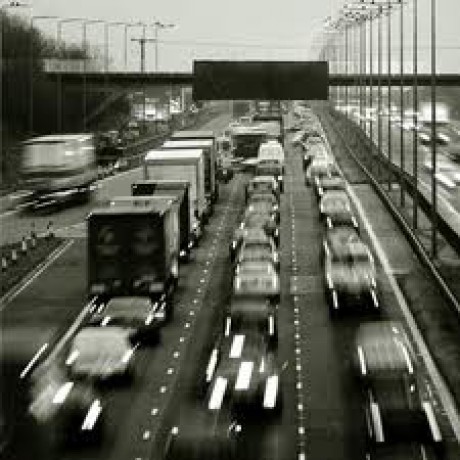Nouns
It's not easy to describe a noun. In simple terms, nouns are "things" (and verbs are "actions"). Like food. Food (noun) is something you eat (verb). Or happiness. Happiness (noun) is something you want (verb). Or human being. A human being (noun) is something you are (verb).
The simple definition is: a person, place or thing. Here are some examples:
- person: man, woman, teacher, John, Mary
- place: home, office, town, countryside, America
- thing: table, car, banana, money, music, love, dog, monkey
The problem with this definition is that it does not explain why "love" is a noun but can also be a verb.
Another (more complicated) way of recognizing a noun is by its:
- Ending
- Position
- Function
1. Noun Ending
There are certain word endings that show that a word is a noun, for example:
- ity > nationality
- ment > appointment
- ness > happiness
- ation > relation
- hood > childhood
But this is not true for the word endings of all nouns. For example, the noun "spoonful" ends in -ful, but the adjective "careful" also ends in -ful.
2. Position in Sentence
We can often recognise a noun by its position in the sentence.
Nouns often come after a determiner (a determiner is a word like a, an, the, this, my, such):
- a relief
- an afternoon
- the doctor
- this word
- my house
- such stupidity
Nouns often come after one or more adjectives:
- a great relief
- a peaceful afternoon
- the tall, Indian doctor
- this difficult word
- my brown and white house
- such crass stupidity
3. Function in a Sentence
Nouns have certain functions (jobs) in a sentence, for example:
- subject of verb: Doctors work hard.
- object of verb: He likes coffee.
- subject and object of verb: Teachers teach students.
But the subject or object of a sentence is not always a noun. It could be a pronoun or a phrase. In the sentence "My doctor works hard", the noun is "doctor" but the subject is "My doctor".
